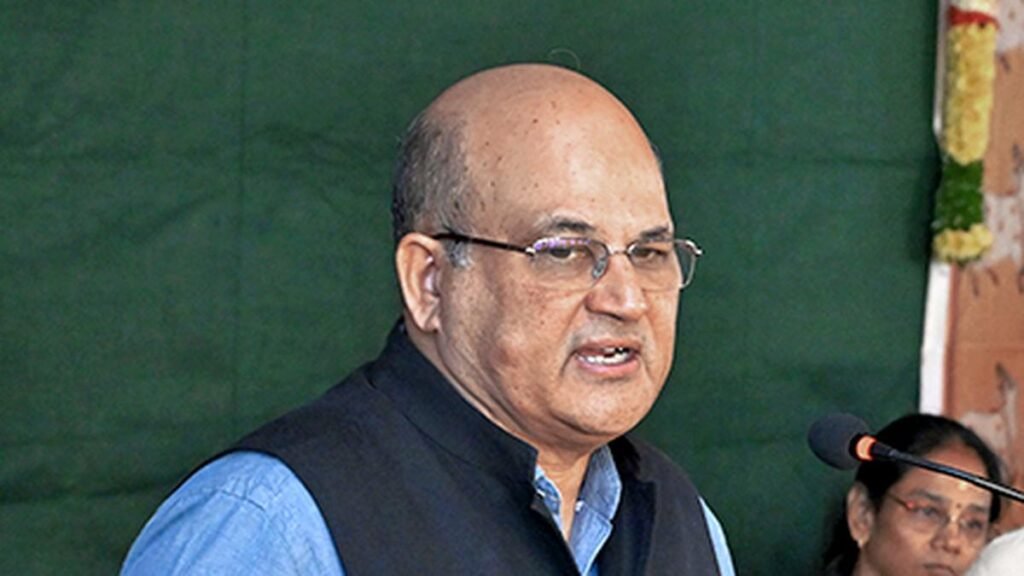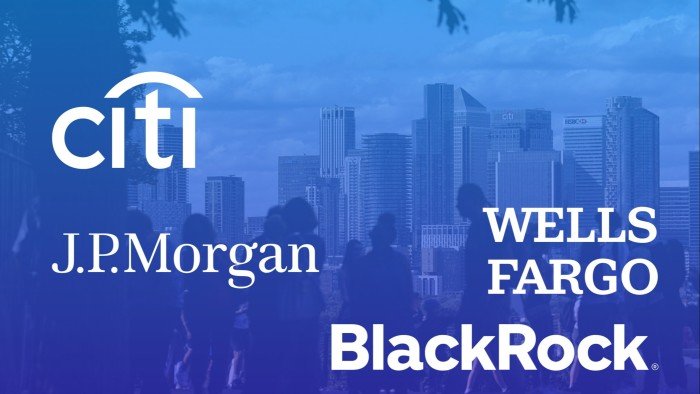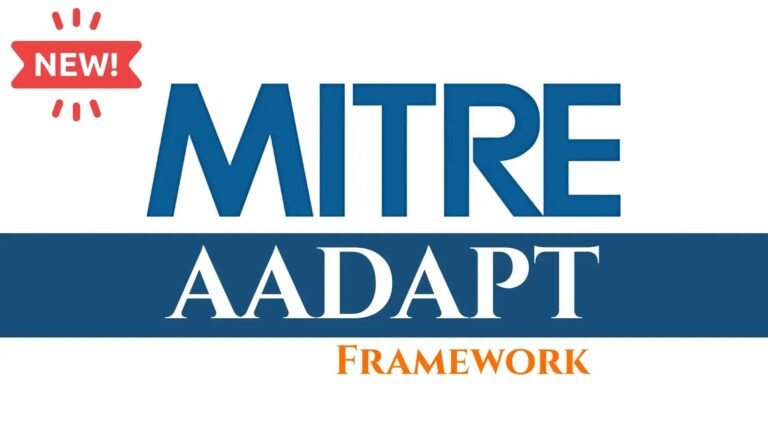
Rishikesha T. Krishnan took over as the director of one of the country’s premier educational institutions – Indian Institute of Management Bangalore (IIMB) – just as the world started grappling with a global pandemic in 2020. In an interview with The Hindu, he shares his experience navigating through COVID, the programmes he implemented during his tenure and his vision for the institute, as he approaches the end of his tenure on July 19.
How would you sum up your tenure at IIMB?
I became a director when COVID just started. The first two years were focussed on making sure the institute runs smoothly in spite of all the restrictions. There are some good landmarks: all the students graduated on time, people got placed, and we did not have any major disruption in our academic programmes. From 2022 to 2025, we focused on enhancing the impact of our online learning initiative.
The second important thing was the AI for managers programme, followed by our decision to offer an under-graduate BBA programme.
I was lucky that during my tenure we also celebrated the golden jubilee of the Institute in 2023, which had a lot of alumni involvement and that provided a good impetus for the alumni chapters globally to get into a better shape.
What shift did COVID bring in the management space both educationally and professionally?
We have gone a bit back and forth. Just take a very simple phenomenon like work from home. Clearly, during COVID, work from home was necessary, and many individuals felt that they would like to continue that way. Companies initially were okay with it because they also saw cost savings. But now, companies are wanting to get their employees back to the office, particularly where collaborative work or creative work is required, where interaction is important. The good thing that’s happened, even for IIMB, is that online communication has become accepted as a way of doing things.
Which is your favourite programme among those you have implemented?
The one which will have the largest long-term impact is our online BBA programme. It is less than a year since we started the programme. But I had the opportunity to interact with many of the students, and many of them would not ordinarily have got the opportunity to have this kind of education. Now, they are able to access it from their home. These programmes don’t show outcomes and impact immediately, but I am willing to take a fairly big bet that in about 10 years, we will start seeing some significant impact coming from these students.
Anything you wanted to implement, but could not?
I don’t think there’s anything like that. I think the challenge for us is just to move a little quicker. The interesting thing is that at least the good premier government institutions, like IIMs and IITs and so on, are classified as institutions of national importance. The government gives us full freedom to launch academic programmes in the way we think is best. We have very few restrictions on the way academic programmes are designed unlike a typical university. Where we sometimes get bogged down is on the administrative side of things when it comes to new projects’ construction. Those are the areas where it would be nice if we could move faster.
What are some of the programmes that you introduced to ensure inclusivity on the campus?
As an individual, I have been involved in inclusivity on campus in multiple ways for a long time. I was the first chair for diversity and inclusion in the campus. Today, IIMB is largely recognised as one of the best, if not the best campus in terms of support for students with disabilities. There is room for improvement, of course. But still, by Indian standards at least, we have done an excellent job over the last 15 years or so. Again, with this BBA programme, we have a lot of generous scholarships for students from different categories who are coming from economically and socially disadvantaged backgrounds, or for students with disabilities. In a broad way, all our online education is really an effort at inclusion, because what we are saying is that it doesn’t matter where you are studying or where you are located, you can access the programme.
When you look at IIMB 10 years down the lane, what do you hope remains the same, and what are the changes you would like to see?
Historically, IIMB has been quite good at understanding how the environment is changing and responding with new programmes and initiatives. This is what we have been doing quite consistently for at least the last 25 to 30 years. I would definitely hope that that continues.
What would I like to see differently after 10 years? The first thing is that our ability to offer quality undergrad programmes should also be established by that time. The second thing I would like is to see how we can strengthen our international branding visibility. The third thing is that it will be nice to see that that IIMB becomes a leader in integrating technology with teaching and learning so that we are able to offer the most effective learning.
Published – July 15, 2025 10:19 am IST





